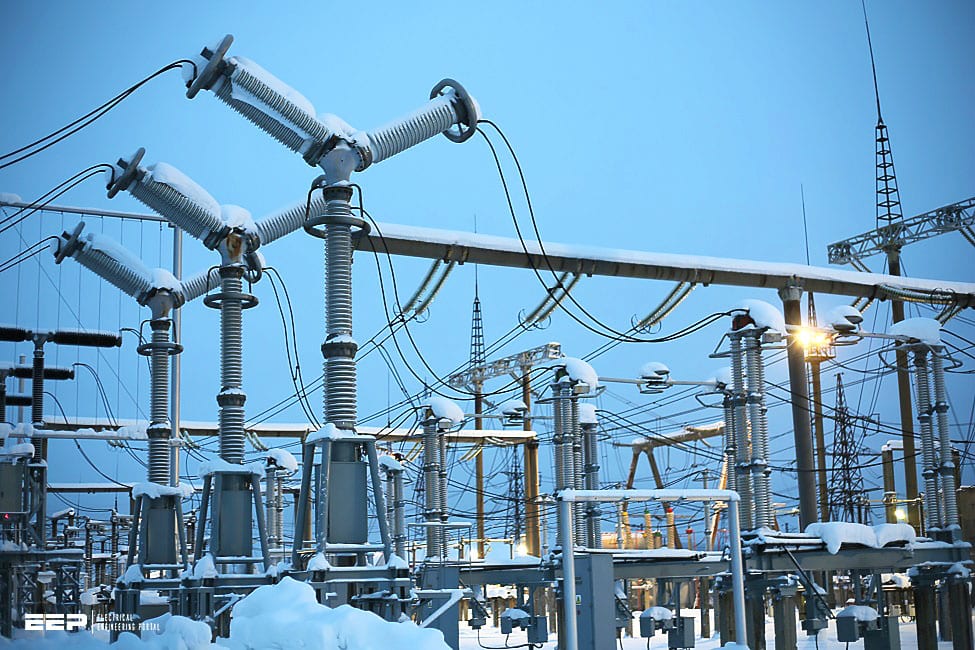The Minister for Power in Nigeria, Adebayo Adelabu, declared on Monday the imperative of ensuring that electricity generated is effectively supplied to end consumers.
Speaking at a roundtable organized by the Nigerian Electricity Management Services Agency (NEMSA) in Abuja, Adelabu emphasized the need for the nation’s power sector to function efficiently, stating that the government is committed to making it work.
Adelabu expressed dissatisfaction with the practice of increasing power generation without ensuring its delivery to consumers, stressing that the focus of his ministry is to ensure that all available electricity reaches customers.
He highlighted the importance of addressing challenges in the power distribution chain, starting from the customers and progressing through distribution, transmission, and generation.
While Nigeria boasts 23 power-generating plants with a combined installed capacity of over 10,000MW, the available capacity is around 6,000MW, and only approximately 4,500MW is supplied to consumers.
Adelabu outlined a bottom-up approach to reforming the sector, emphasizing the importance of prioritizing customers, improving liquidity, and enforcing high-quality standards in infrastructure.
Adelabu noted that the government would continue efforts to ramp up power generation, introduce new infrastructure, and support necessary monitoring activities.
He highlighted the role of NEMSA in ensuring the quality and safety of electrical installations, stating that the agency’s work is crucial for the success of the power sector reforms.
The minister reassured stakeholders of the government’s commitment, citing President Bola Tinubu’s promise to provide the required backing for the power sector to deliver reliable electricity to Nigerians.
He emphasized the need for political will and expressed confidence that, with the support of the president, the power sector reforms would succeed.
Tukur Aliyu, the Managing Director of NEMSA, underscored the critical role of enforcing technical standards and regulations in managing the growth of the electricity industry.
He highlighted the agency’s efforts to bridge knowledge gaps among stakeholders and sensitize legislators and judicial officers on the legal framework for enforcing technical standards and regulations in the Nigerian Electricity Supply Industry (NESI) and allied industries.



